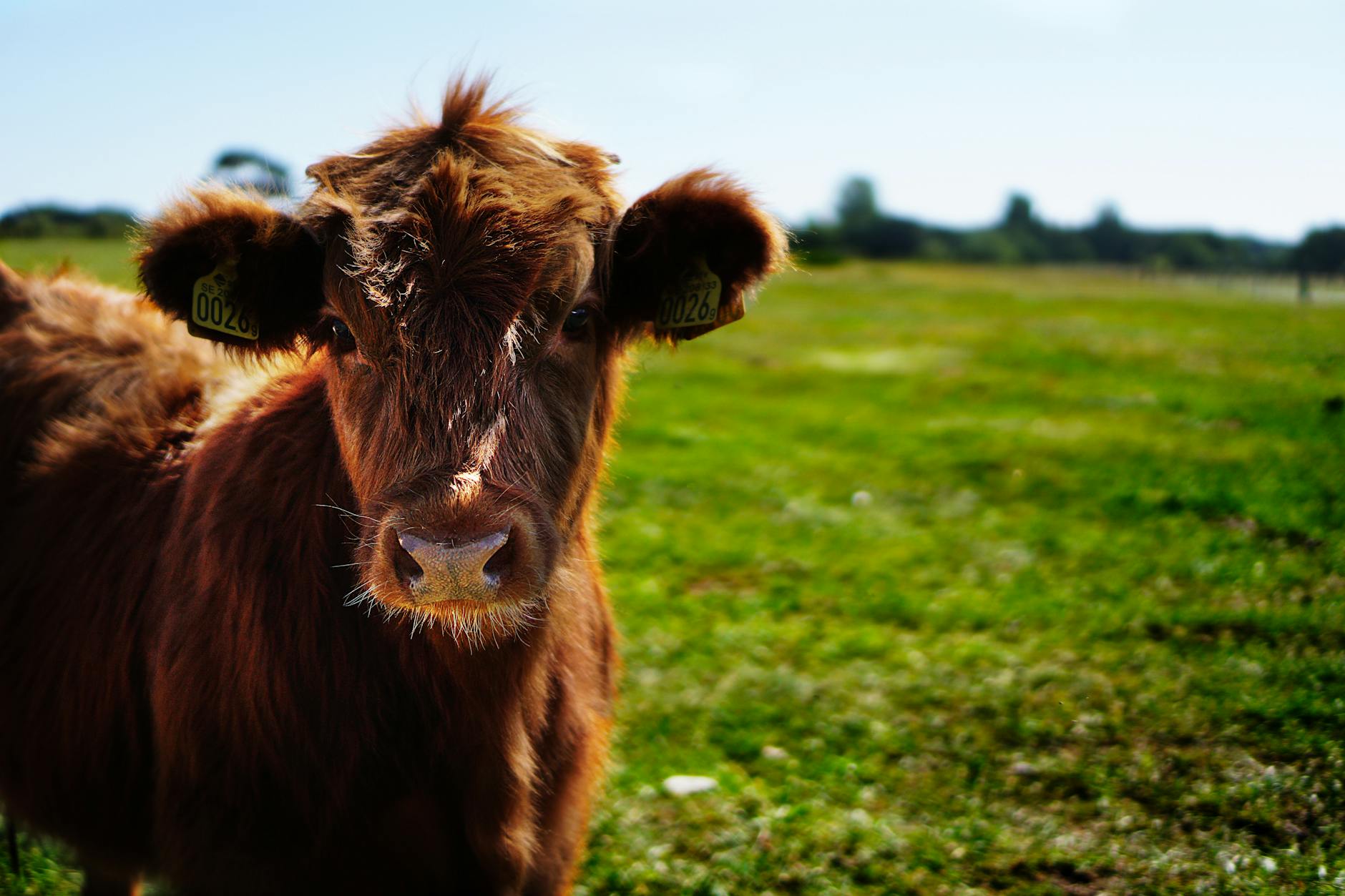If you’re looking to purchase a cow in Nigeria in 2024, prices vary significantly based on breed, size, age, and location. Cows play an essential role in Nigerian society, from agriculture and transportation to cultural and religious ceremonies. Here’s a breakdown of what you can expect to pay for a cow in Nigeria in 2024.
1. Factors Affecting Cow Prices
Several factors influence the price of cows in Nigeria. These include:
- Breed: Certain breeds, such as the White Fulani and Sokoto Gudali, are more expensive due to their larger size and higher meat yield.
- Size and Weight: Larger and heavier cows are generally more expensive as they offer more meat.
- Age: Younger cows, which are good for long-term breeding, might be more expensive than older cows, which are primarily purchased for immediate slaughter.
- Location: Cows are often more expensive in urban areas like Lagos or Abuja due to transport costs, compared to northern Nigeria, where cattle rearing is prevalent.
- Seasonality: Prices of cows often rise during festive periods, such as Eid or Christmas, due to higher demand.
2. Average Price Range in 2024
Below is an estimate of the prices you can expect to pay for cows in Nigeria in 2024:
- Small Cow (typically under 200 kg): ?150,000 – ?250,000
- Medium-sized Cow (200 kg – 350 kg): ?250,000 – ?400,000
- Large Cow (above 350 kg): ?400,000 – ?700,000
- Premium Breeds (like the Sokoto Gudali or Red Bororo): ?500,000 – ?1,000,000, depending on weight and size.
3. Prices in Different Nigerian Markets
Here are some common cattle markets and their estimated prices:
- Maiduguri Market (Borno State): ?150,000 – ?350,000 for medium-sized cows. Prices are relatively lower due to the proximity to cattle-producing regions.
- Kara Market (Ogun State): ?200,000 – ?450,000 for medium and large cows. This market is close to Lagos, leading to slightly higher prices.
- Sabo Market (Kaduna State): ?180,000 – ?400,000, offering competitive prices due to its central location.
- Abuja Livestock Market: ?250,000 – ?600,000, with prices higher because of demand in the capital city.
4. Festive Price Fluctuations
During Islamic celebrations such as Eid-el-Kabir, cow prices can increase by as much as 30-50%. A medium-sized cow that normally costs ?300,000 might sell for ?400,000 or more. Similarly, prices can also spike during Christmas as families prepare for large feasts.
5. Cost of Transport
If you are purchasing a cow from a northern state and transporting it to a southern city, you should also factor in transport costs, which can range from ?30,000 to ?100,000, depending on the distance and number of cows transported.

6. Tips for Buying a Cow
- Inspect Thoroughly: Always inspect the cow for health, weight, and breed to ensure you’re getting value for your money.
- Negotiate: Cattle markets often allow room for bargaining, especially in northern Nigeria.
- Buy Early: If you’re planning to buy a cow for a festive period, make your purchase weeks in advance to avoid the price surge.
Conclusion
In 2024, buying a cow in Nigeria will cost between ?150,000 and ?700,000, depending on factors like size, breed, and location. Urban markets like Lagos and Abuja are typically more expensive, while rural and northern markets offer more affordable options. If you’re looking for the best deals, plan ahead and consider the time of year and location of purchase.
